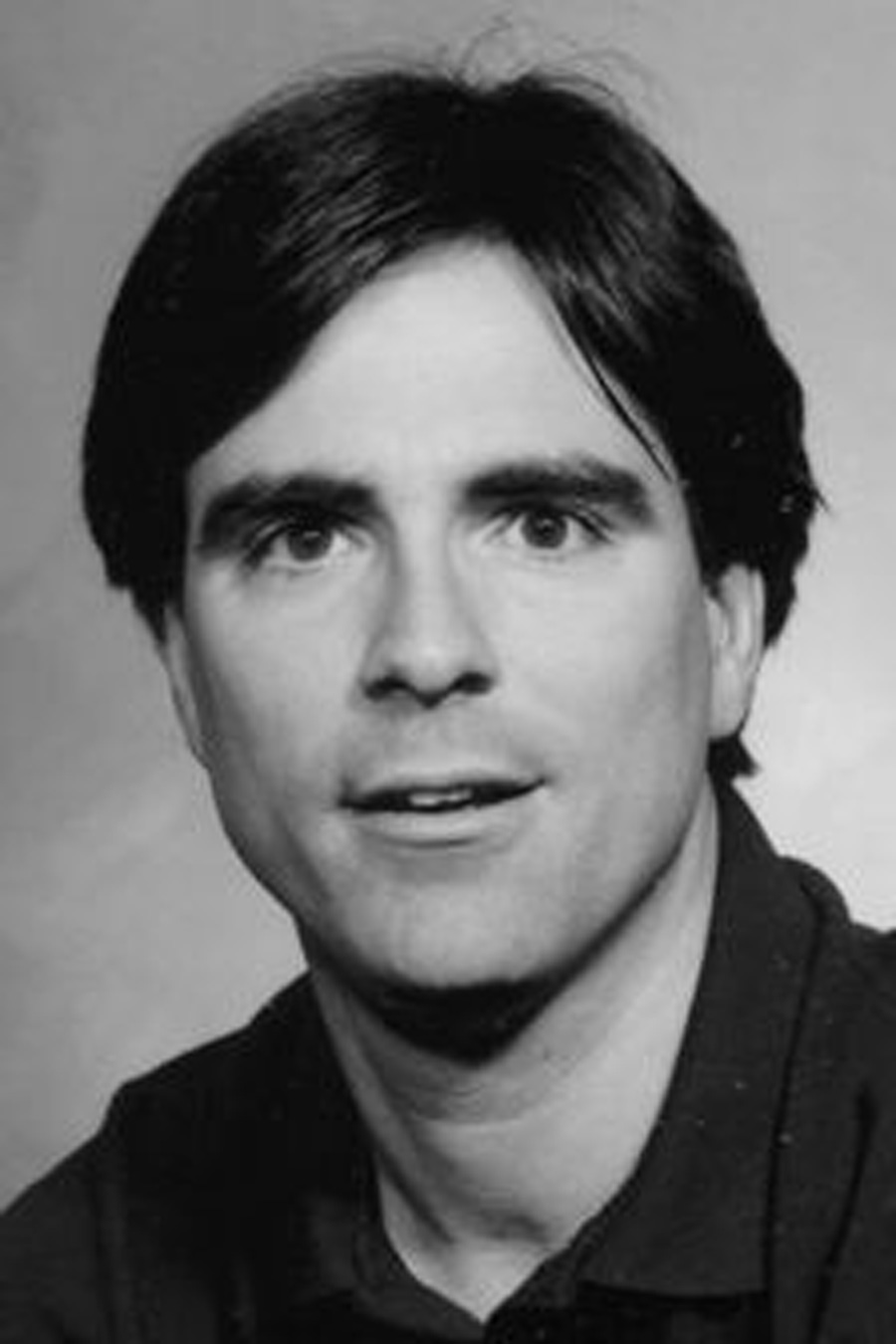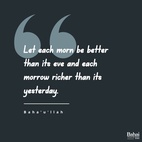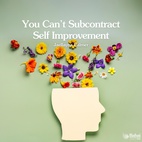The views expressed in our content reflect individual perspectives and do not represent the official views of the Baha'i Faith.
Without anyone talking about it, the atmosphere of America as I was growing up contained a cult of competition to which almost everyone belonged, even though they were not always aware of it. The motto or credo of this cult went something like this: “You’re only as happy or successful as the number of people who are less happy or less successful than you.” Not that this cult has died out or the credo become altered in the least.
Looking for a local place to buy some fire wood, having burned up all of the scrap wood in my fields, I was surprised to find a place that advertised delivering firewood cut to your specifications. But the main banner teaser read, “Your friends will be soooooooooo envious!”
Of course, I am not blind. I know that we polish our cars for that reason, buy houses for that reason, buy clothes for that reason. That’s why we love to read about the tragedies of the well-to-do, because we are largely incapable of feeling existential delight. We rejoice only in relation to others who are attempting the same thing. So once I finished my PhD, on some level I think I was weeping because of the relief of no longer having to compete—or so I assumed.
At the time, obtaining tenure was not so rigorous as it is now—more a matter of time-serving than publications and papers. Consequently, having endured the “third degree,” one was virtually assured of a job somewhere. And having gotten the job, one was virtually assured of getting tenure in due course so long as one produced a semblance of academic activity.
Alas, such serenity and peace of mind was not to be. I soon found myself determined not merely to endure, but to prosper as an academic. I would not merely stir the waters a bit; I would be the best in my field. Yes, somewhere along the way I had contracted a terminal case of the American disease of competition, whether in sports or in anything else. My brother was the same, and I don’t know where we became infected and afflicted with this syndrome. Certainly it was not from our parents, who were happy with anything and everything we did and who themselves were generally content with life as they had fashioned it—a typical American lower middle class existence.
But the point is that when you develop the full-blown syndrome, you appropriate from society, or else invent for yourself, milestones at every point in the road—short term, long term, and at worthwhile intervals in between. This competition syndrome is an autonomous pathology, and it is sufficient unto itself to ruin your life, especially when it forms the excruciating symbiotic relationship with the happiness-is-in-the-future syndrome. What is more, when these two disorders became fused together with materialism around the end of the 19th century, the Western World found itself plagued by the most cruel disease ever devised, a sickness that now has become epidemic throughout our global community, the illusion that material comfort is commensurate with internal felicity:
…until material achievements, physical accomplishments and human virtues are reinforced by spiritual perfections, luminous qualities and characteristics of mercy, no fruit or result shall issue therefrom, nor will the happiness of the world of humanity, which is the ultimate aim, be attained. – Abdu’l-Baha, Selections from the Writings of Abdu’l-Baha, pp. 283-284.
The result is that governments devised for and by the people and religions created for and by the people have been set aside or effectively replaced by a global economy that actually runs everything for and by a very discrete and largely unknown cadre of wheelers and dealers who whiz around the globe in private jets and probably live behind walls on Caribbean islands where their accounts are tax free.
But I digress. In addition to people like myself, who seem incapable of living in the moment because their focus is forever on future goals and milestones, each of which holds the promise of making one progressively happier, more complete, and more successful (by somebody else’s standards), all of us also have natural and inescapable milestones that are based on reality, not invented or devised by artificial forces.
Events in our lives become inherent or natural milestones. Some are ostensibly arduous and frightening before taking place, but actually become for us moments of fulfillment and transformation in our lives. At least they have the potential to be. They aren’t inevitably so.
Superman (Christopher Reeves) had it all—wealth, good looks, a fine mind, a beautiful wife, and lovely children—only to fall while jumping his thoroughbred horse. As we know, he ended up a quadriplegic hooked up to a machine to breathe for him the rest of his life. For him, all of his previous milestones, every one of them, paled in comparison to this one.

Professor Randy Pausch
And yet he emerged from this apparent end to his life—or at least to the “Good Life”—as an incredibly noble soul, probably more loved and loving had his life and milestones followed the expected paradigm we have devised for the complete Good Life. The same observation might be said for the now renowned Professor Randy Pausch. A few years ago, nobody outside the narrow confines of academic research into virtual reality knew who he was. And yet he had knocked down his major milestones like ten pins, or, as he put it in his book The Last Lecture, he had achieved his childhood dreams one by one. He was like a rocket ascending, having become esteemed in his academic field, having found the woman of his dreams, having married her, and together having produced three lovely children. In his mid-forties, he was surely an emblem of all the Good Life has to offer—handsome, athletic, funny, popular, a good husband and father.
In the fall of 2006 Pausch discovered he had pancreatic cancer. In the fall of 2007, he was told he had about six good months to live. That September he delivered his famous “Last Lecture” on the topic of “Really Achieving Your Childhood Dreams.” The video of the lecture spread like wildfire on the web, inspiring and touching the hearts of millions. By May of 2008 Time magazine named him as one of the hundred most influential people in the world. Two months later he died.
For Professor Pausch, did the milestone of contracting pancreatic cancer signal the beginning of the end, or the beginning of the most important influence this bright young mind and luminous spirit would ever have or could have ever had? For while it is certainly true that his lecture would have been on a different subject had he not just discovered his pancreatic cancer was terminal, it is likewise true that Pausch’s notoriety and acclaim would never had wielded such influence had he not had the opportunity to look at the milestone of death face to face, had he not carefully analyzed what his relatively brief life meant. Ultimately he produced a lecture challenging everyone to devise spiritual milestones, specific inner life aspirations, and then to go after them with a vengeance, not in desperation, and not milestones devised by others. He blazed a trail in a way, daring us to resort back to those most cherished dreams as yet untarnished by goals imposed by social norms or parental expectations.
Next: What Birth Can Tell Us about Death

















Comments
Sign in or create an account
Continue with Facebookor